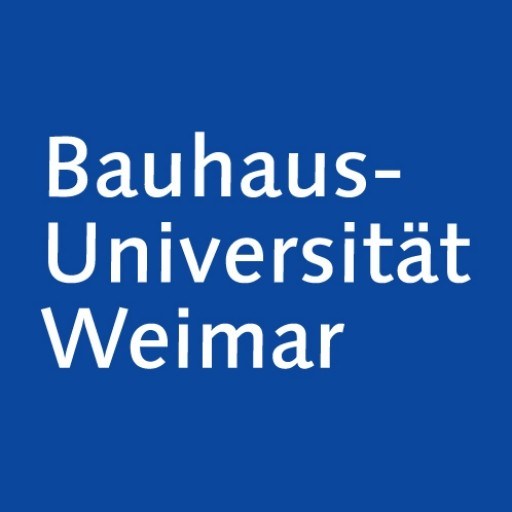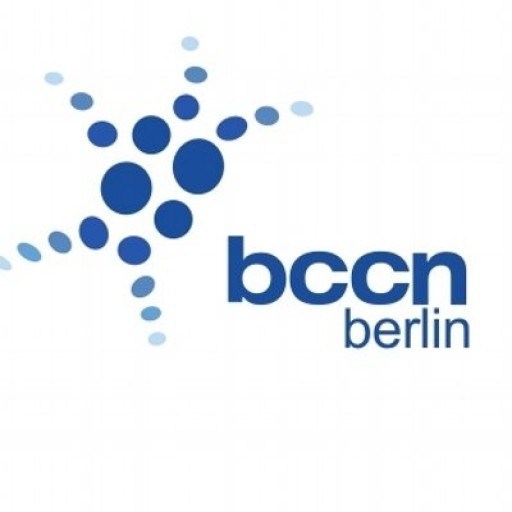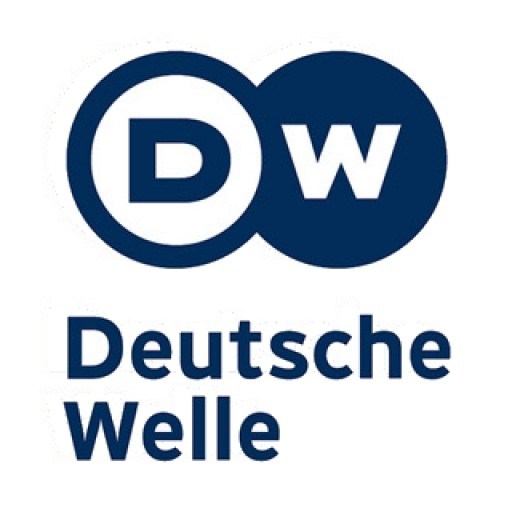Photos of university / #uni_hamburg
The Bachelor's programme in Journalism, Media and Globalisation at the University of Hamburg offers an interdisciplinary and comprehensive education designed to prepare students for the rapidly evolving media landscape in a global context. The programme covers fundamental aspects of journalism, including reporting, editing, media law, and ethics, ensuring that students acquire practical skills necessary for professional media work. In addition, students explore various media forms such as print, broadcast, online, and social media, gaining insights into production, audience engagement, and content management.
A core component of the programme focuses on media globalization, examining how media industries operate across borders and influence global cultures, politics, and societies. Students analyze the impacts of digital transformation, convergence, and new communication strategies on journalism practices worldwide. The curriculum emphasizes critical thinking and analytical skills, encouraging students to scrutinize media content, assess its social implications, and develop a responsible approach to journalism that upholds democratic values.
Beyond technical proficiency, the programme fosters intercultural competence by engaging students with international case studies and promoting understanding of diverse media environments. Practical training modules include internships and project work, offering students real-world experience in media outlets, NGOs, or communication agencies. Throughout the course, students are supported by expert faculty members with extensive research and industry experience, bridging academic knowledge with practical application.
Graduates of the programme are well-equipped to pursue careers in journalism, media management, communication consulting, or related fields within national and international organizations. They emerge as capable media professionals ready to face the challenges of the digital age, contributing to open, informed, and responsible communication across borders. The programme’s dynamic curriculum, combined with its focus on contemporary global issues, makes it an excellent choice for students committed to making a meaningful impact through their work in media and communication sectors worldwide.
Educational organisation
All students spend the first year at Aarhus University; modules of the first semester are:Module 1: Reporting Global Change
Module 2: Globalisation and the Transformation of the State
Module 3: Globalisation, Culture and the Roles of the Media
In the second semester, students study the following modules:
Module 4: Social Science Methods for Journalists
Module 5: Researching Journalism
Module 6: Analytical Journalism
Students going to a non-EU partner university exchange modules 5 and 6.
Each module has 10 European credits.
Universität Hamburg offers the following modules in the second year:
Module 1: Media Systems & Journalism Cultures in an international comparative perspective
Module 2: Processes of Transcultural Communication
Module 3: Research Module in Journalism Studies
Each module has 10 European credits.
Module 4: Final Module (30 ECTS); in the last semester, students attend a research colloquium that prepares them for writing the MA thesis.
Study abroad unit(s)
The partnership with three non-EU universities enables selected students to study abroad in the second semester at either the University of California, Berkeley (for a maximum of three students), Pontifica Universidad Católica de Chile, Santiago (for a maximum of six students) or the University of Technology Sydney (for a maximum of two students). Funding is available for (two to three) EU students within the framework of the Erasmus Mundus stipends.Internships
An optional internship of four weeks can be acknowledged as part of a module in the third semester in Hamburg. The internship should take part in a medium (preferably journalism or public relations) and is to be completed during the summer break between the second and third semesters. Programme advisers will assist students as best they can in finding an appropriate internship.Forms of assessment
In order to be able to hand in the final exam in a module, students must have participated in the course (student presentations, smaller written assignments, etc.). Module exams usually consists of a final essay/research paper.Course objectives
Upon completion of the programme, graduates will have gained knowledge and understanding of the main political, economic, social and cultural processes of globalisation necessary to understand and report on a changing world. This includes, but is not limited to, knowledge of:a. global and European media systems
b. the economic and political contexts of globalisation
c. contemporary global trends, including the movements towards localism and political devolution, state policies, and the global flows of people, products and capital
d. policy factors affecting the place of media and the public in a global context; fundamental concepts, methods, principles and theories relevant to the study of global journalism
e. identity-formations within and across various cultural boundaries
f. how to formulate and study research questions about journalism and the media
g. the role of the journalist in democratic societies
h. the impact of cultural and national identity on the theory and practice of journalism
Intellectual skills
Upon completion of the programme, graduates will be able to:
a. plan, conduct and communicate original research in journalism studies, whether in the form of journalistic or academic writing
b. practice a more analytical journalism in the context of global change
c. critically analyse media coverage of global issues
d. identify new and creative angles on global issues
e. recognise the issues, processes and complexities of globalisation
Transferable skills
Upon completion of the programme, graduates will be able to:
a. communicate effectively, both in writing and orally, within and across national, cultural and disciplinary borders
b. employ a systematic approach to gathering, analysing and communicating knowledge
c. work in a self-organised way, individually or in teams
d. undertake lifelong learning, particularly for continuing professional development
Language requirements
Applicants are expected to have a minimum academic IELTS band score of 7.0 if they are not native English speakers; applicants who have studied for at least one year at a university in an English-language environment, as shown by a transcript of records, are exempt from the IELTS test.Applicants who want to study at Pontificia Universidad Católica de Chile are expected to submit a certified copy of their DELE results at level B2 or other documentation of their Spanish skills if they are not native Spanish speakers. Applicants who have studied for at least one year at a university in a Spanish-language environment, as shown by a transcript of records, are exempt from the DELE test.
Native speakers of either language do not need to submit IELTS or DELE results.
Academic requirements
Applicants are expected to have an above-average BA (with a minimum GPA equivalent to the German 2.3 or better).Graduates from all fields of study can apply, although graduates from the social sciences or humanities are preferred.
An internship in journalism of at least three months is required (cumulative experience also valid). Experience in public relations, internal communications or similar is not considered to be journalism and is thus not accepted as journalistic experience.
Enrolment fees
There is a semester fee of 310 EUR per semester. This fee includes a semester ticket covering public transport in the Hamburg metropolitan area.In the third and fourth semesters, the semester fee is part of the overall tuition fee; students who decide to stay one semester longer will have to cover the semester fee for the fifth semester themselves.
Costs of living
We recommend that single students budget at least 800 EUR per month to meet personal expenses (accommodation, living, health insurance, books).Job opportunities
Generally, students who enrol in a full-time programme will only have limited time for part-time jobs.As a rule, students who hold an international student visa may work for up to 120 full days or 240 half days per year. Further information on work regulations for international students at Universität Hamburg can be found here: http://www.uni-hamburg.de/piasta/beratung_e.html.
Funding opportunities within the university
International full-time students may apply for merit scholarships or exam grants of Universität Hamburg. For more information, please use the provided link. We also recommend contacting our colleagues in the Department of International Affairs for further guidance.http://www.uni-hamburg.de/internationales/studieren-an-der-uhh/finanzierung-des-studiums_e.html
Arrival support
Students and researchers can find information on how to get started in Hamburg on the website of the PIASTA programme at the Universität Hamburg Department of International Affairs (http://www.uni-hamburg.de/piasta_e.html) and on the website of the Hamburg Welcome Center (http://english.welcome.hamburg.de).During the International Welcome Week organised by PIASTA, you will be able to get in touch with all the important institutions and contacts that are particularly useful for international students. See: http://www.uni-hamburg.de/piasta/veranstaltungen/international-welcome-week_e.html.
The Mundus Journalism programme at Universität Hamburg employs a student adviser who will assist all non-EU students in every step of the visa process(es), with accommodation issues, and with any other administrative formalities. Detailed information is given in the student handbook students receive at the outset of their studies in Aarhus.
Services and support for international students
The Universität Hamburg CampusCenter is the first port of call for all current and prospective students and offers information, services, and counselling. The PIASTA programme at the Universität Hamburg Department of International Affairs offers support and advice for German and international students, as well as cultural events and workshops.For more information, refer to: http://www.uni-hamburg.de/piasta and https://www.uni-hamburg.de/en/campuscenter.html.
The welcome service of the Universität Hamburg Department of International Affairs is the first contact address for international visiting researchers and others. See: http://www.uni-hamburg.de/internationales/wissenschaft/service-international_e.html.
Accommodation
Accommodation is available through the "Studierendenwerk" (students' services) or on the private market. The "Studierendenwerk" provides rooms in halls of residence, most of which are single rooms with shared kitchens and showers/WCs. We strongly advise students and researchers to arrange accommodation prior to arriving in Hamburg, as demand for affordable accommodation is sometimes larger than supply.For more information on how to find accommodation and how to plan your first steps in Hamburg, please refer to: https://www.uni-hamburg.de/piasta/beratung/doc/willkommen.pdf.









